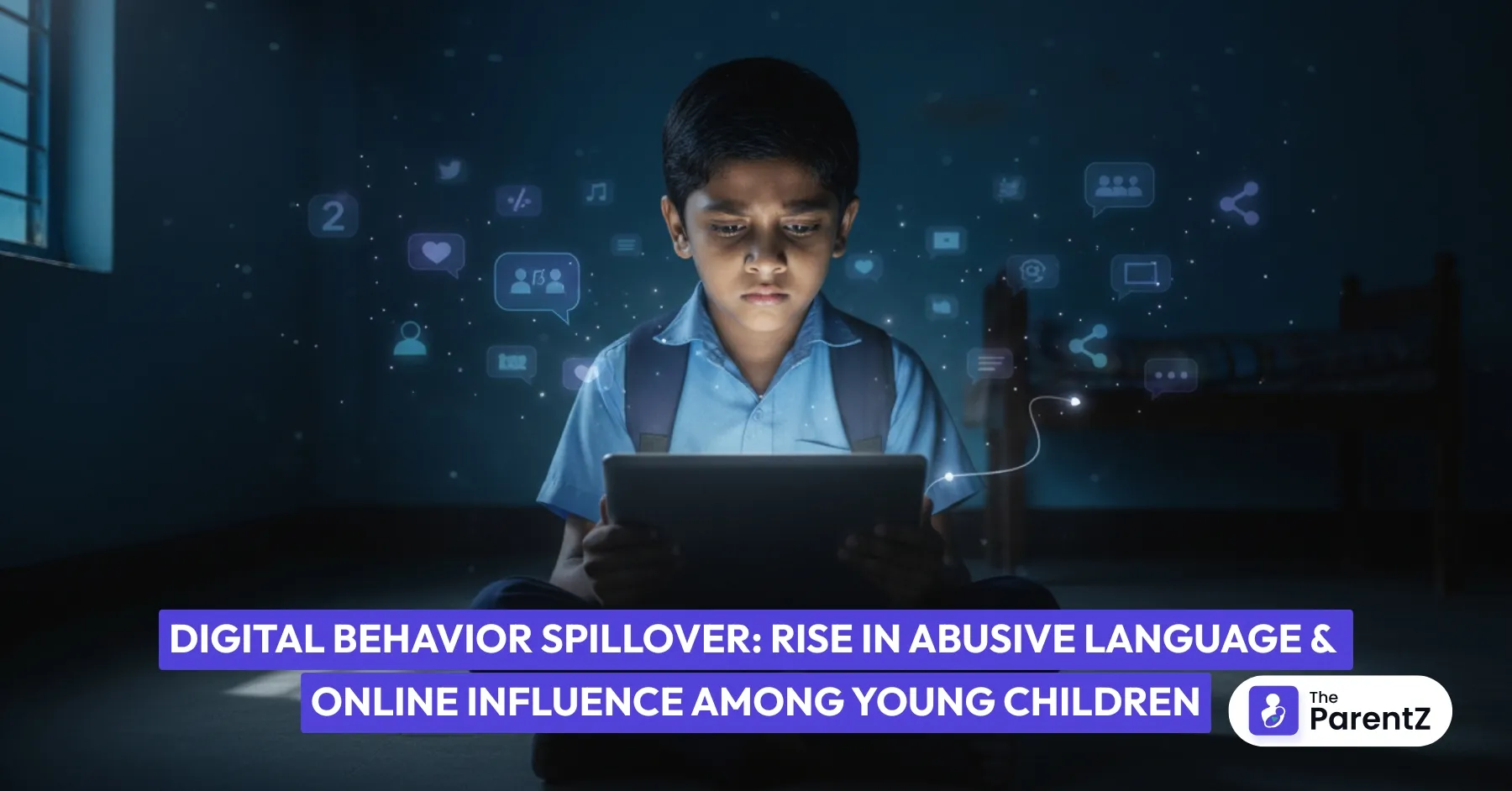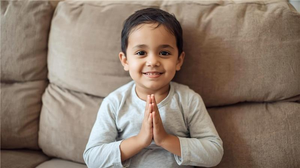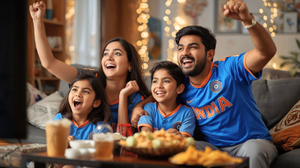You've probably noticed it. That word your 8-year-old suddenly started using. The way your teenager talks now, rougher, cruder, like they're someone else. Maybe you caught them watching something on their phone, and when you asked about it, they brushed it off like it was nothing. "Everyone watches this, Mom." "It's just a meme, Dad."
But your gut tells you something's wrong. And you're right.
The Reality We're Living In
Research shows that 62% of teens aged 12 to 17 have been exposed to harmful content online, including hate speech and violent imagery. That's more than half of all teenagers. Your child's friends. Your child.
In a recent survey, 73% of teens have come across online pornography, with over half, 54%, exposed before they turned 13. The average age of first exposure is just 12 years old. Twelve. That's sixth or seventh grade.
In India specifically, cyberbullying among adolescents ranges from 3.3 to 60.56%. As high as 71% of Indian Gen Z were targeted for sextortion in 2024, with nearly 55% falling victim. Nearly 77% reported losing control of shared intimate imagery, with 80% of these being minors. These aren't just numbers. These are our children.
Why Is This Happening?
We handed our kids the entire world, the good, the bad, and the absolutely horrific, and we did it without any real plan to protect them.
Every child with a smartphone has unlimited access to everything. Violence, pornography, drug culture, gun culture, hate speech, abuse, and exploitation. It's all there, just a few taps away. And the algorithms are designed to keep kids hooked, not keep them safe.
The rapid proliferation of digital technologies, the extraordinary lack of digital literacy, and the absence of a strong regulatory authority have contributed to these problems. The anonymity provided by online platforms, coupled with ease of access to social media and messaging apps, has encouraged perpetrators to engage in abusive and harmful behavior with little fear of consequences.
Kids aren't just watching Bollywood anymore. They're on YouTube watching global influencers who curse every other word. They're on Instagram seeing memes that normalize drug use, violence against women, and sexual content. They're on Netflix binge-watching shows like Euphoria and The Boys, shows that feature graphic sex scenes, extreme violence, drug abuse, and language so vulgar it would make a sailor blush. These shows are rated for mature audiences, but guess what? Kids lie about their age. They watch on their friends' accounts. They find ways.
The internet has erased all boundaries. A child in Delhi is watching the same TikTok trends, YouTube videos, and disturbing content as a child in New York or London. Social media has connected them all in one massive, unfiltered, unregulated space.
The Content They're Consuming
It's not just curse words anymore. It's videos of real fights where people get seriously hurt. Videos or images of people engaging in physical fights or using weapons against others are often shared widely for shock value or entertainment. It's memes about school shootings. It's jokes about rape. It's content that sexualizes children. It's influencers promoting party culture with drugs and alcohol as if it's aspirational.
Shows and movies marketed to teens contain content that would shock most parents. Violence isn't just shown, it's glorified. Sex isn't just implied, it's explicit and often tied to unhealthy power dynamics. Drug use is normalized. Abusive language is constant. And these aren't fringe productions. These are mainstream, popular shows with massive teenage audiences.
What This Is Doing to Our Children
The effects are already here. You're seeing them.
Your child talks differently now. The cursing, the aggressive tone, the disrespect, it didn't come from nowhere. They learned it. They saw it normalized online, repeated it, and now it's part of how they communicate.
Repeated exposure to explicit content often makes teens numb to things that might once have shocked or upset them.
They're developing warped ideas about relationships. Many media portrayals of relationships are extremely unhealthy or unrealistic. They are emphasizing superficial attraction over emotional connection. Teens adopt attitudes and expectations about relationships that are disconnected from reality, sometimes even associating dominance and submission with love or respect.
Self-esteem is plummeting. Explicit content often portrays idealized or unrealistic body types and appearances. For teens who are still developing their self-image, constant exposure to these "perfect" bodies often creates a feeling of inadequacy.
Our children are losing their innocence at younger and younger ages. They're being exposed to adult concepts before their brains are developed enough to process them. And it's changing who they are.
What Parents Can Do Right Now
We know this feels overwhelming. But you're not too late.
- Start with honest conversations: Not lectures. Real conversations. Ask what they're watching, who they're following, and what they're seeing. When they tell you, even if it horrifies you, don't explode. Listen. Understand. Then guide.
- Get involved in their digital life: Watch an episode of their favorite show with them. Follow the accounts they follow. Understand the memes, the trends. You can't protect them from what you don't understand.
- Set boundaries that make sense: Phones stay in common areas at night. No social media before age 13. Watch content together when possible. Use parental controls, but know the real boundary has to be trust and communication.
- Teach them to think critically: Help them understand that what they see online isn't real life. Influencers are performing. Shows are designed for shock value. Memes often spread harmful ideas disguised as humor.
- Build their real-world connections: Kids with strong family relationships, who play sports, who have hobbies, who spend time outdoors, they're more resilient to online influence. The real world has to be more compelling than the digital one.
Conclusion
Your child is being influenced every day by content you've never seen, by voices you've never heard, by ideas you never approved. That's the reality of raising kids today.
But you still have power. You're still their parent. Your voice still matters, maybe now more than ever. This isn't about being perfect. It's about being present. It's about fighting for your child's innocence, their values, their mental health, their future.
So start today. Have that conversation. Set those boundaries. Get involved. Because the cost of doing nothing? That's something none of us can afford. Our children deserve better than what the internet is giving them. And it's up to us to make sure they get it.





Be the first one to comment on this story.